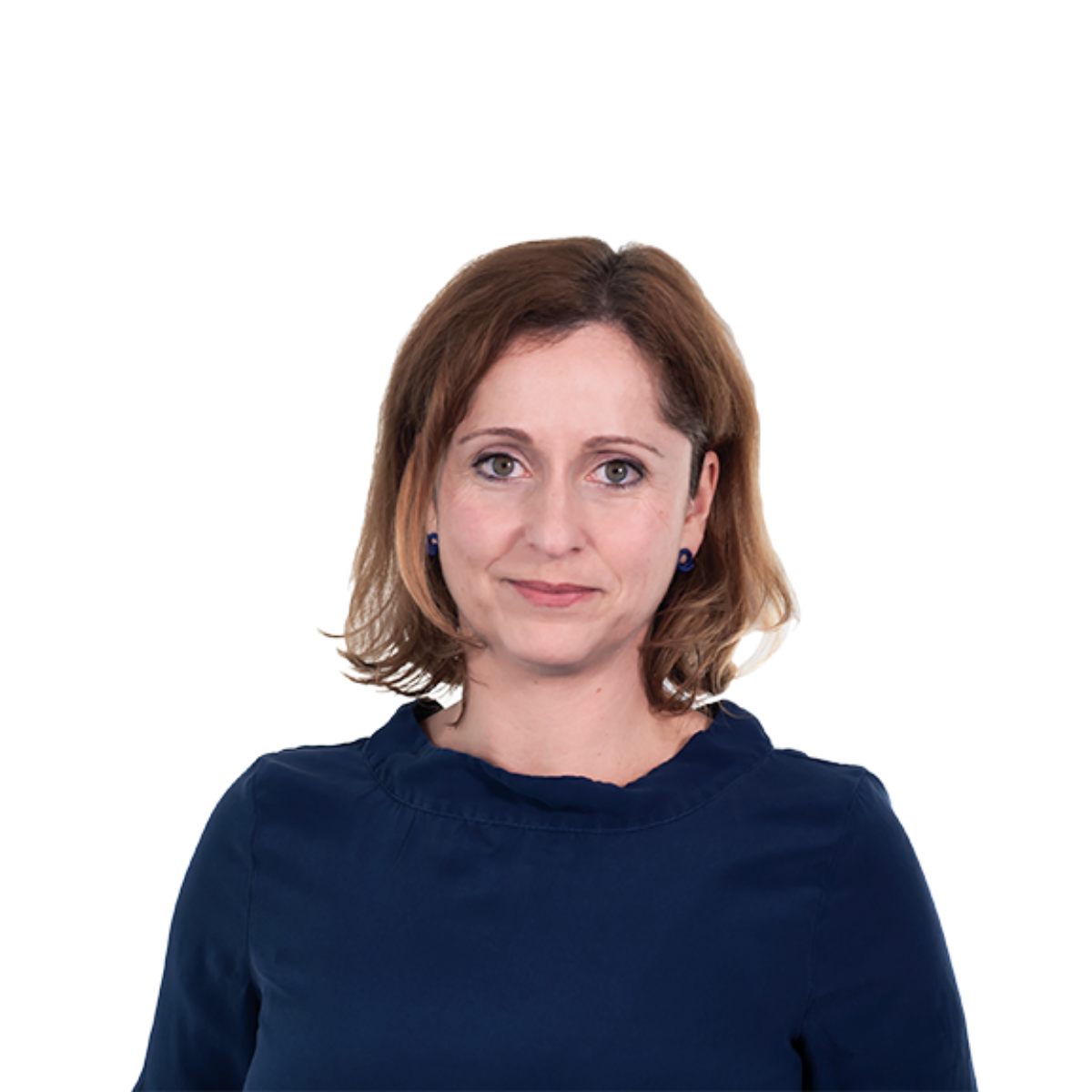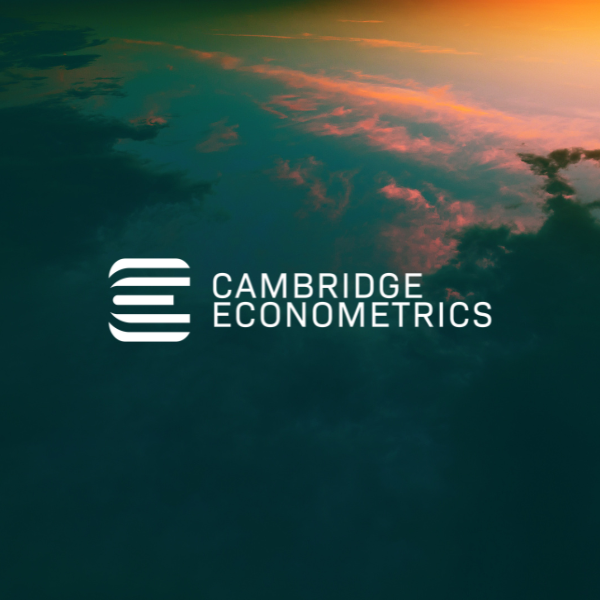Bespoke Modelling and Analysis
Speak to One of Our ExpertsIndependent Insights
Sometimes the tool you need doesn’t exist yet. Maybe you need something purpose-built for your problem or data. Or maybe you want a new in-house tool for your team.
When off-the-shelf solutions aren’t quite right for you, you can work with our experts to:
- Identify your precise user needs and use cases
- Scope data sources and review state-of-the-art thinking on your issue
- Co-design and co-develop tools to meet your needs
- Bring those tools in-house, through a tailored programme of training and support
For us, success is seeing these tools used long after the original work, without our clients needing day-to-day support from us. We take knowledge transfer seriously and endeavour to use the whole project to build capability in client organisations, not just training at the end.
Working With Us
We work closely with you, to make sure we understand your challenges, so that they become our challenges too.
We identify the intended users early on to jointly agree needs and use cases. This way, everyone knows the requirements of the eventual solution.
We ensure the complexity of the intended tools matches the skills and needs of the intended users. In this way we avoid unnecessary overcomplication and focus on useability at all times.
We co-design and co-develop tools with our clients, recognising that bringing people along on the development journey is part of the process of making the tool yours and building lasting understanding.
We iterate on the tools, testing, refining and retesting to make sure the final product is fit for purpose.
We practise good design and development procedures, whether in economics, econometrics, modelling or programming. We then instil these principles in our clients’ teams to embed effective ways of working for the long term.
Tailored Approach
- Advanced Energy-Environment-Economic Models for Individual Countries
- Short-Term Anticipation of Skills Trends and VET Demand
- Framework for Modelling Economies and Sustainability
Advanced Energy-Environment-Economic Models for Individual Countries

Collaborating with local partners and international organisations, we have, at various times, produced custom energy-environment-economy (E3) models for individual countries. These share a similar framework and principles with our flagship E3ME model.
Benefiting from collaboration, and making use of detailed country-level data, we’ve developed tools including:
- E3-Brazil, in collaboration with the Brazilian Ministry of Finance
- E3-India, a state-level model of India and its 28 states and four union territories; as a collaboration with the Regulatory Assistance Project (RAP) and Indian academics
- E3-Thailand, in partnership with the Thailand Greenhouse Gas Management Organization and the World Bank’s Partnership for Market Readiness.
As E3 models, these are advanced simulation tools to answer a range of policy questions at the intersection of the energy-environment-economy system.
Short-Term Anticipation of Skills Trends and VET Demand
.png?width=561&height=400&name=Feature%20images%20%20(2).png)
As a complement to our own work on medium-term skills forecasting, Cedefop required a tool to understand short-term trends in employment demand, up to two years ahead. For this purpose, we delivered a new tool for short-term anticipation of skills trends and VET demand: STAS.
After reviewing the available data and the latest academic thinking on short-term labour forecasting, we designed and then developed the new tool. The STAS generates a suite of forecasts by various time-series econometric methods before combining them into a single composite (average) forecast of occupation-level demand by EU Member State. The tool also includes features to align the forecast with external projections.
As a tool now held by Cedefop, the STAS incorporates a user-friendly interface for data updates, re-estimation, forecasting and adjustment. The final tool was refined with feedback from Cedefop and handed over, along with a programme of training for staff.
Framework for Modelling Economies and Sustainability
.png?width=561&height=400&name=Feature%20images%20%20(3).png)
FRAMES is a flexible modelling tool designed to support policymakers in cases where data may be more limited at country and sector level.
Building on a standard template that shares features of our flagship E3ME model, FRAMES is ideally suited for assessing the macroeconomic impacts of economic, energy and environmental policies at national and sectoral level.
FRAMES was first developed to align Bangladesh’s tax systems to the Sustainable Development Goals. It’s since been used to support a range of projects including Jordan’s first ever green jobs assessment, and to quantify circular economies in several African countries for the European Commission.
Get in Touch
.png?width=1200&height=1200&name=CT%20(5).png)
Insights

.png)
.png)

.png)
-2.png)








.png)
.png)

.png)
-2.png)






.png)
-1.png)